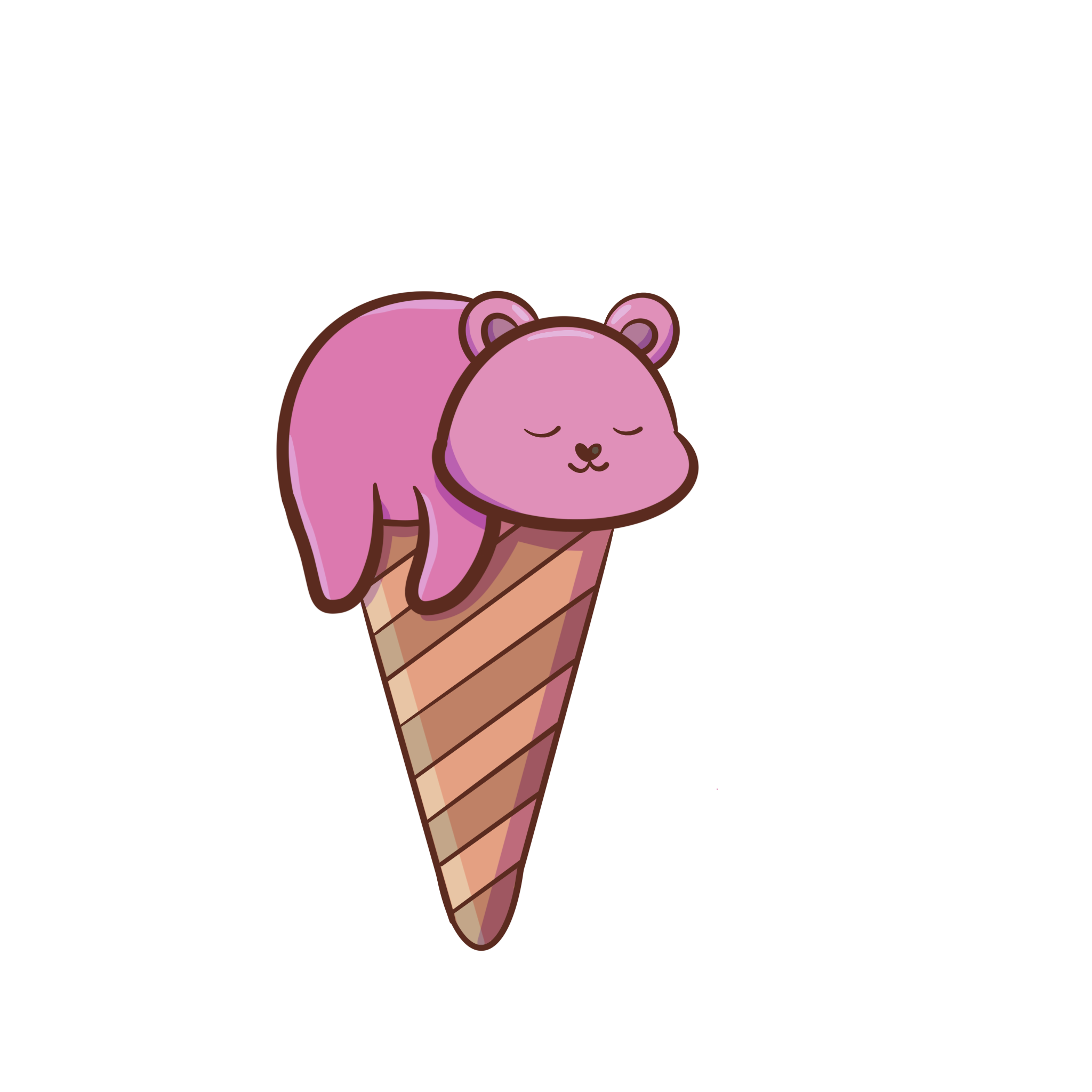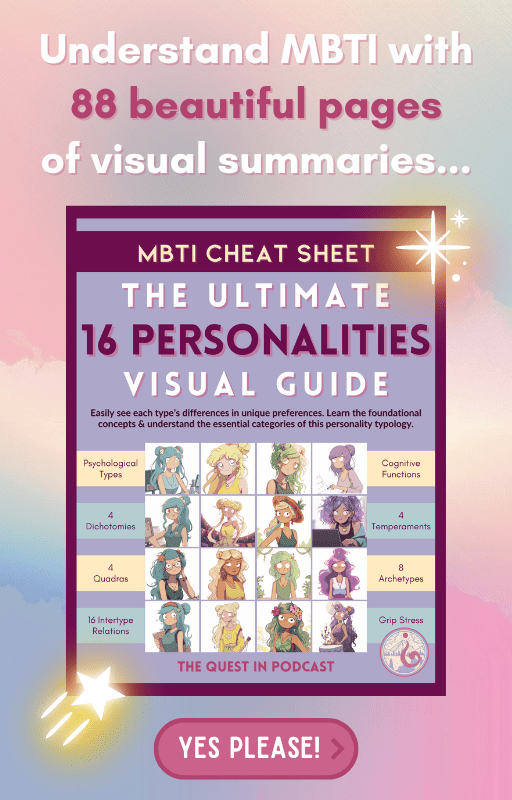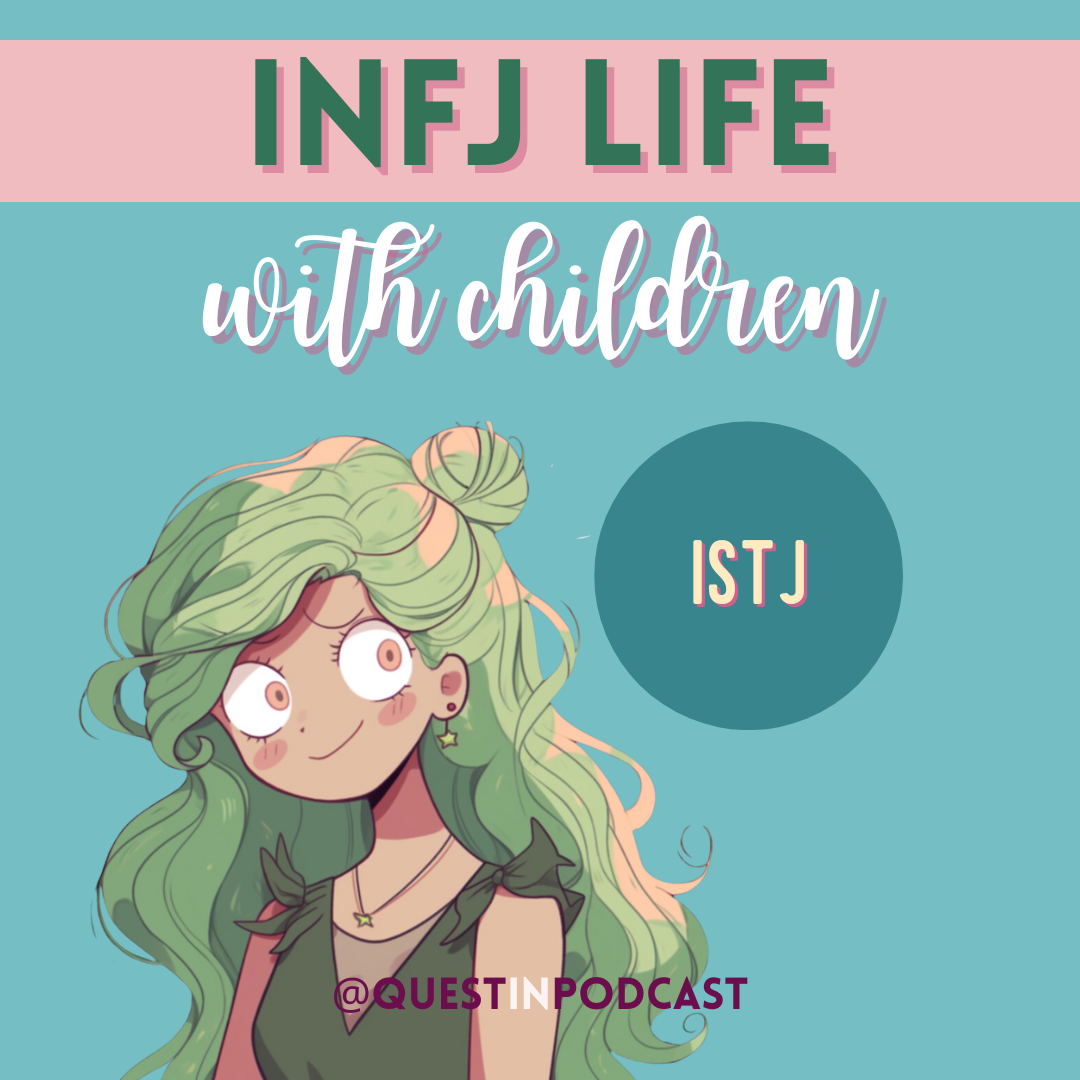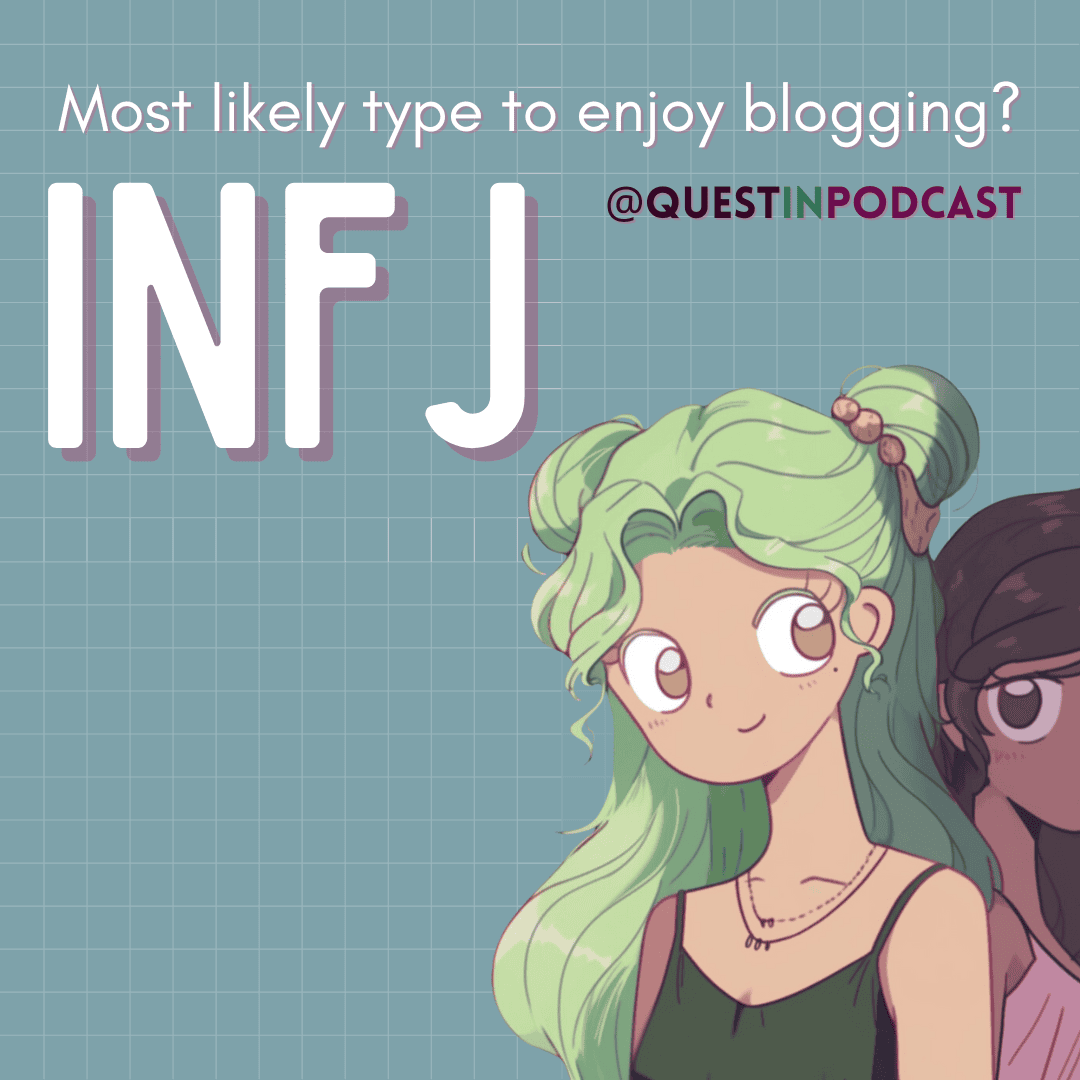
How Do Cognitive Functions Relate to MBTI?
Are you wondering how do cognitive functions relate to MBTI?
Typology has become very popular and most companies even introduce personality tests within the workplace. As a result, MBTI 16 personalities has gained a lot of attention. What most people don’t know is how do cognitive functions relate to MBTI. Well in short, the Myers Briggs Type Indicator (MBTI) is based on the 8 Jungian cognitive functions.
Carl Jung developed his theory of different personality types and published his book Psychological Types originally in 1921. I recently bought the book to start reading through his original thoughts and it is by no means an easy read. The manuscript is very straight forward to lay out his observations of people.
Isabel Briggs Myers and Katharine Cook Briggs was a mother-daughter duo that later built their theories completely off of Carl Jung’s original typology. They developed the popular four letter type code that we now commonly see. (i.e. INFJ, ENFJ, INFP, ENFP, INTP, ENTP, INTJ, ENTJ, ISFJ, ESFJ, ISFP, ESFP, ISTP, ESTP, ISTJ, ESTJ)
Learn the 8 Cognitive Functions
Introverted Intuition (Ni) Cognitive Function
Extroverted Intuition (Ne) Cognitive Function
Introverted Thinking (Ti) Cognitive Function
Extroverted Thinking (Te) Cognitive Function
Introverted Feeling (Fi) Cognitive Function
Extroverted Feeling (Fe) Cognitive Function
Function Orders + Roles in the 16 Types
Each type has each cognitive function as a result, the function is expressed in a particular pattern depending on its order in the type’s “stack.”
John Beebe creatively assigned different archetypal names that can be used to better remember the certain energies of a function’s role. He came up with names for each order. This is known as “John Beebe’s 8 function model.”
Leading = “Hero”
Supporting = “Parent”
Relief = “Child”
Aspirational = “Anima/Animus”
Worry = “Nemesis”
Critic = “Witch/Senex”
Deceiving = “Trickster”
Devilish = “Demon/Daemon”

Notes
















